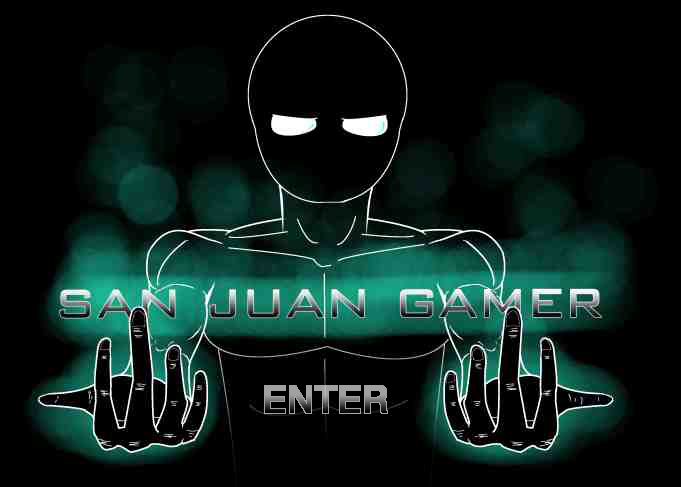Command & Conquer 3: Kane’s Wrath

A Command & Conquer title is just not the same without an expansion pack to accompany it and flesh out its content. C&C expansions come from the golden age of expansions when gamers could expect at the least new units, missions, and multiplayer maps if not full fledged campaigns and new factions. Thankfully Electronic Arts has not departed from this model with its expansion to Command & Conquer 3: Tiberium Wars; Command & Conquer 3: Kane’s Wrath.
Each of the three main factions receives new units and support powers. Many of these units, like the GDI Slingshot anti-air unit, were added to remove deficiencies in existing faction rosters or new gaps that arose as a result of the new minor factions. Epic units, one for each side, were also introduced as super powerful vehicles capable of crushing lesser units and could be customized by loading infantry into their hard points to add secondary weapons. The new toys are worth a few games just to play with and are enjoyable for the most part but can still be overshadowed by high tier units.
Following after its successful implementation of minor factions in Command & Conquer: Generals EA chose to add two minor factions to each major faction in Kane’s Wrath. The minor factions focus on a particular strategy or aspect of their parent faction; like flame weapons and heavy infantry for the Brotherhood of Nod or sonic weaponry and tiberium immunity for GDI. Minor factions also receive build restrictions in exchange for their specializations; one GDI minor faction can only produce basic infantry units but gets a strong boost to its armored units. Many of the new units added by Kane’s Wrath are unique to the minor factions; some are entirely new and others are improvements of existing designs to match them with their respective minor faction’s emphasis.
The campaign for Kane’s Wrath is less filled out then the rest of the game as its 13 missions only feature the Brotherhood of Nod as the playable faction. The campaign is still very well done with strong narrative and many entertaining missions. Players will also get to utilize each of Nod’s minor factions to their fullest and will also encounter the other minor factions as enemies throughout the course of the campaign. Sadly it can only serve as a blueprint for the campaign experience that could have been; the lack of a similar model for the other two factions puts a damper on the player’s ability to enjoy the new minor factions in a narrative environment.
Perhaps the most innovative addition that Kane’s Wrath brings is the Global Conquest mode. This single player options presents a turn based world map where the player, as one of the three major factions, builds bases, raises armies, and conducts global warfare against the other two factions. Bases can be upgraded with defenses and tech levels to allow them to produce armies with stronger units.
Armies can be moved a set distance across the map, or ferried between bases on different continents. When opposing armies meet or an army attacks an enemy base the battle can be auto-resolved or played out in real-time in a manner resembling a skirmish battle. However if the attacking army does not include base-building units it will not be able to construct a base and if the defending base has high enough technology and defenses it will be able to produce advanced units a the start of the game, tying in developments on the strategic level with tactical combat.
The Global Conquest mode compensates somewhat for the lack of a full campaign. Players can enjoy what each faction has to offer at length. The AI in this mode is essentially a basic Skirmish AI and is competent enough to manage the world map effectively. However its tactical capacities are lacking on lower difficulty settings and don’t always mesh in capability with the AI’s performance on the world map; making for a somewhat dichotomous experience. On the flip-side it is usually fairly easy for the player to establish a continental stronghold thus allowing the full extent of the mode’s options to be tested at length.
Multiplayer sees little improvement from C&C 3. The new minor factions can offer interesting tactical opportunities, but some limitations on their tech tree limit tactical flexibility; generally making the main factions the safer and well-rounded option. Perhaps the greatest tragedy for multiplayer was the lack of inclusion for Global Conquest mode. Granted the mode features only three factions so a multiplayer version would have been either incredibly limited or PvP only but the option still would have been a great benefit to the game; all the more so if a co-op feature had been included.
Kane’s Wrath isn’t needed to make C&C 3 a great game; the full package was already there. The minor factions are a welcome addition for expanding skirmish and multiplayer gameplay, but the lack of campaign options to enjoy them at leisure detracts a bit from their impact. However the Global Conquest mode suffers only from the somewhat mediocre performance of the AI at lower difficulty levels. In all other aspects it is a very ambitious and enjoyable experience with a smooth design that needs only the ability to share it with a friend. Kane’s Wrath isn’t its own game, but it expands C&C 3 to the fullest possible extent.